The use of chemical fertilizers (CFP) in agricultural production processes is widely used by farmers, and is even an important factor that directly determines crop productivity. However, the widespread, unbalanced, and improper use of CFP will directly affect the soil resources, causing soil to become infertile and seriously degraded. In particular, it is harmful to beneficial organisms, negatively affecting the environment and human health.
 The area of lemon trees planted by Ms. Nguyen Thi Hong's family in Ha Long commune (Ha Trung) produces beautiful, even fruit after limiting chemical fertilizers.
The area of lemon trees planted by Ms. Nguyen Thi Hong's family in Ha Long commune (Ha Trung) produces beautiful, even fruit after limiting chemical fertilizers.
In Xuan Minh commune (Tho Xuan), Mr. Ha Van Truong's family has "experience" in using chemical fertilizers to fertilize rice, corn... Mr. Minh shared: "We all understand the benefits of using manure and organic fertilizers in production and farming, however, the cost is quite high and composting manure is time-consuming and difficult, so we go to the store to buy chemical fertilizers for quick and convenient fertilization. We have been using it for 10 years now and have not seen any problems, sometimes the plants have some diseases but they can still be overcome."
In addition to abusing PBHH for a long time, many farmers also use it based on their feelings and experience, without calculating the exact time and amount to apply fertilizer. Ms. Le Thi Ly, Quang Ninh commune (Quang Xuong) said: "I take care of it very simply and do not need to apply base fertilizer. Whenever I see that the rice is stunted after sowing, I sprinkle about 2-3kg of nitrogen for the plant to absorb, and when the rice is about to enter the panicle formation stage, I use NPK mixed fertilizer to fertilize."
The abuse of PBHH combined with the use of fertilizers based on feelings; the use of single fertilizers, the imbalance between nitrogen, phosphorus, potassium... is largely due to the weak awareness of some farmers. However, after being trained, many production households have gradually realized the harmful effects of PBHH that cannot be ignored. A typical example is the model of growing four-season lemons of Mr. Nguyen Van Bao's family, Gia Mieu village, Ha Long commune (Ha Trung) for the past 3 years has used PBHH and organic fertilizers alternately by mixing the original products to produce fertilizer. The ingredients are easy to find and cheap such as: yogurt, rice bran, yeast and waste products such as eggshells, leftovers, vegetables and fruits... Mr. Bao said: "Maybe in the past, when I fertilized plants entirely with PBHH, the benefits they brought were quite outstanding, even helping to increase crop yields more than PBHC; along with the ability to penetrate quickly and the price was quite cheap. However, when using it year after year, I noticed that the soil became hard, less fertile and no longer porous, from which the plants became less and less effective. At the same time, in the process of transformation, some toxic gases evaporated, causing serious air pollution, directly affecting human health. Therefore, I was determined to reduce the dosage of PBHH, alternating with PBHC with the goal of moving towards green agriculture".
Every year, Thanh Hoa province cultivates about 250 - 300 thousand hectares of various crops. On average, the amount of PBHH used in production each year is about 100,000 tons - a not small number. According to Dr. Le Van Cuong, Head of the Faculty of Agriculture, Forestry and Fisheries, Hong Duc University: The abuse of PBHH will cause plants to no longer absorb the necessary nutrients, reducing the "resistance" of plants to pests because PBHH will kill microorganisms in the soil. Lacking microorganisms, the soil will become infertile and hard, so even if fertilizer is continued at high doses, the plants will not grow. In addition, currently the source of by-products from PBHH is very large, almost all farmers choose to burn or bury them in the fields, which is not only wasteful but also slows down decomposition, creating a "smoke" phenomenon of a large amount of heat-absorbing emissions that pollute the environment and increase the greenhouse effect. Therefore, it is time to reorient people to gradually say "no" to old production practices to minimize harmful impacts on the environment as well as ensure safety and health for the community.
Article and photos: Chi Pham
Source


![[Photo] Prime Minister Pham Minh Chinh chairs meeting to discuss tax solutions for Vietnam's import and export goods](https://vstatic.vietnam.vn/vietnam/resource/IMAGE/2025/4/10/19b9ed81ca2940b79fb8a0b9ccef539a)
![[Photo] Phuc Tho mulberry season – Sweet fruit from green agriculture](https://vstatic.vietnam.vn/vietnam/resource/IMAGE/2025/4/10/1710a51d63c84a5a92de1b9b4caaf3e5)

![[Photo] Unique folk games at Chuong Village Festival](https://vstatic.vietnam.vn/vietnam/resource/IMAGE/2025/4/10/cff805a06fdd443b9474c017f98075a4)



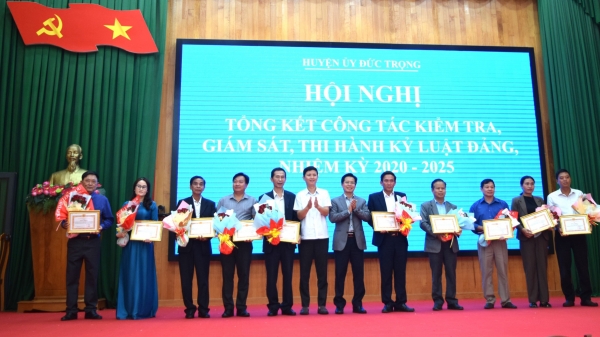

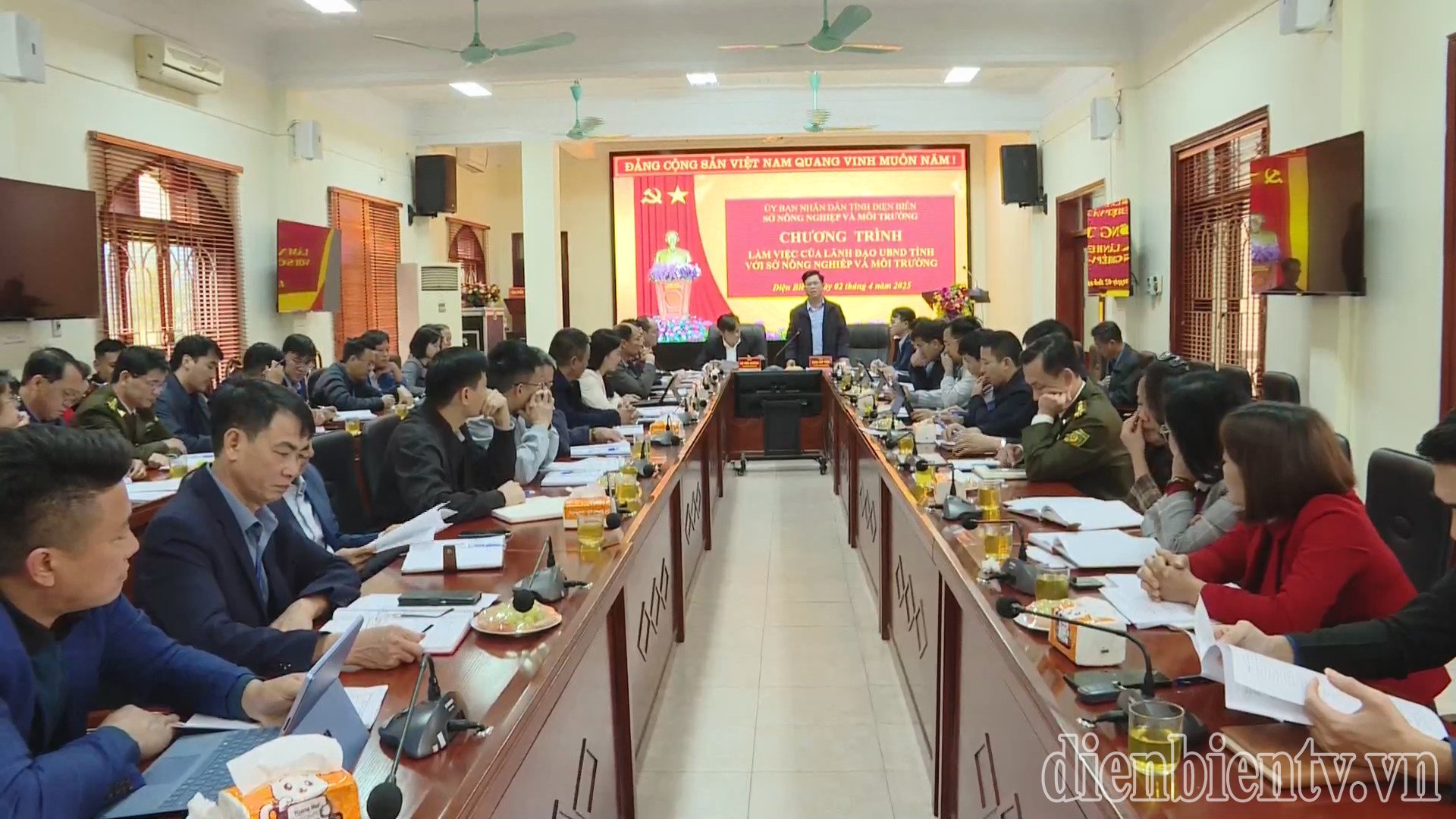
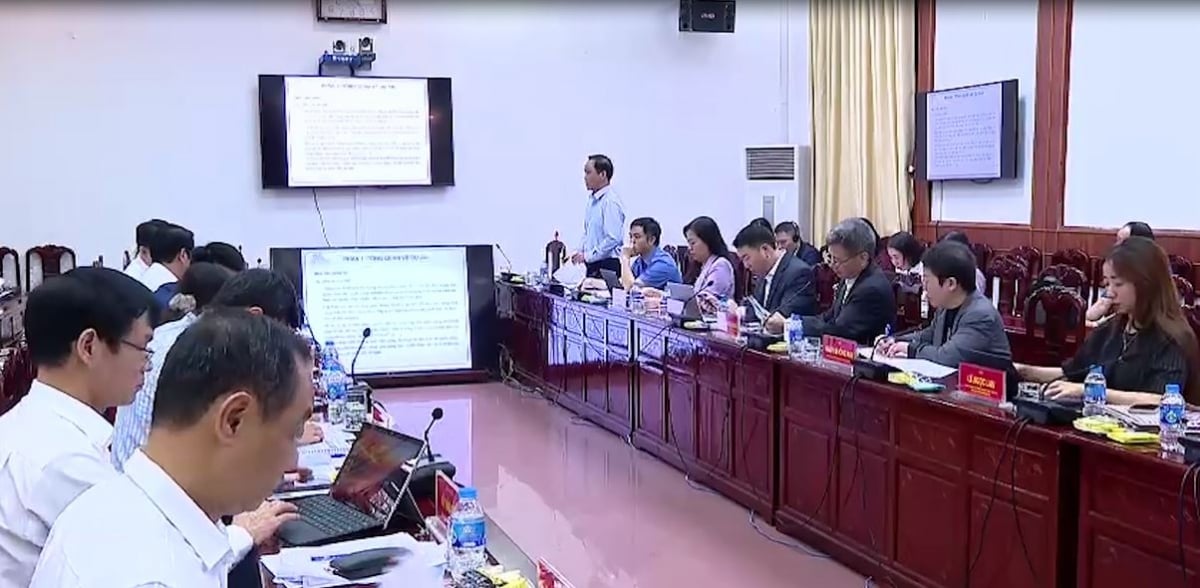





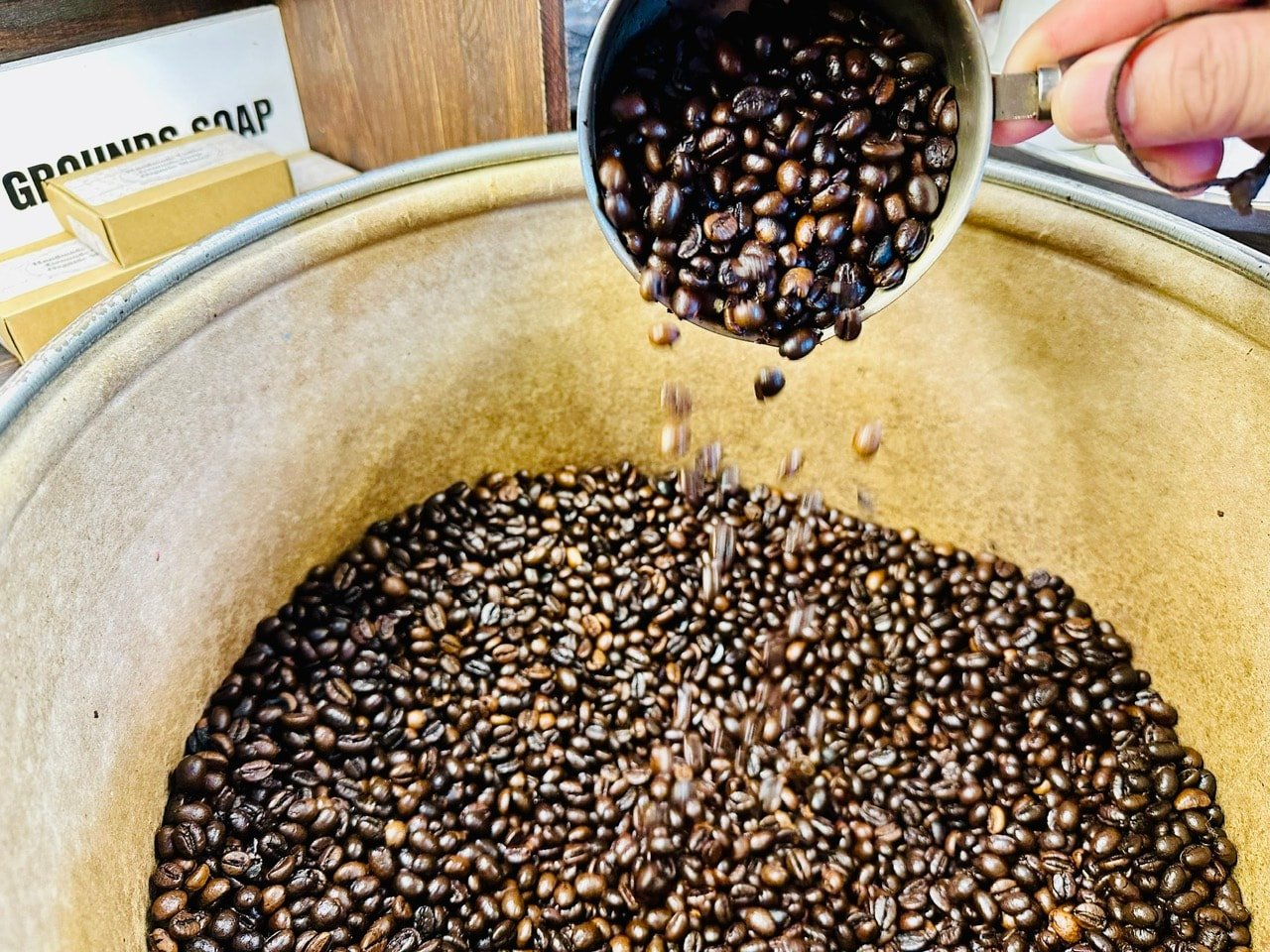










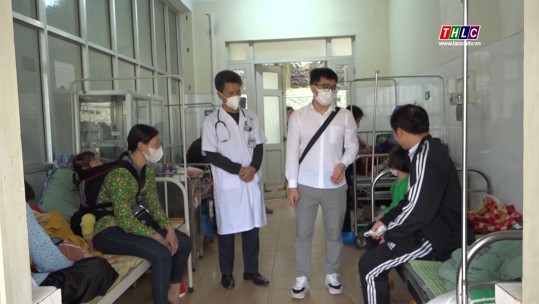


















































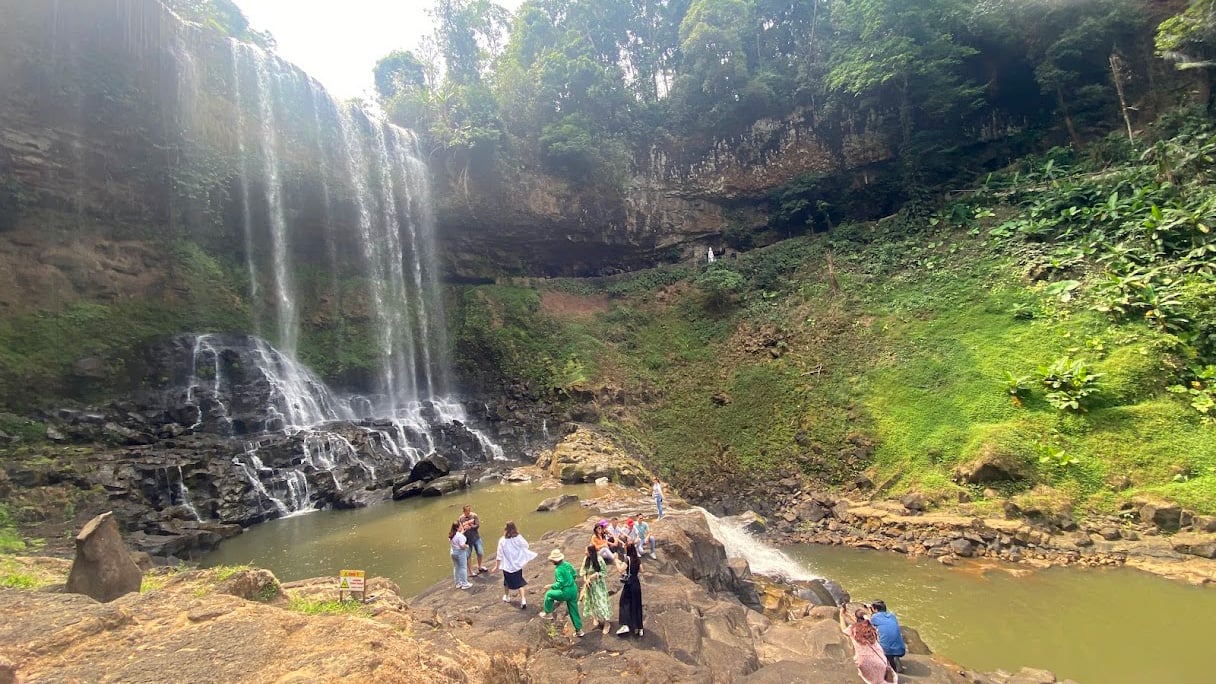















Comment (0)